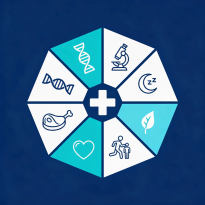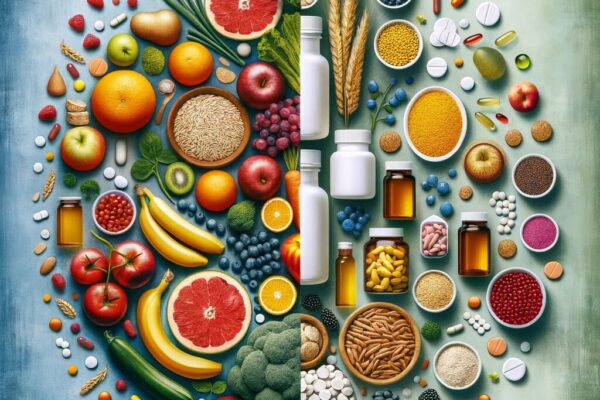Renotonia Explained: 7 Powerful Traits in 8 Constitution Medicine
In the 8 Constitution system, Renotonia is a type dominated by the Water element, just like its counterpart Vesicotonia. Both are classified under the Lesser Yin person due to their weak Earth energy, particularly in the digestive organs like the stomach and pancreas. However, Renotonia differs significantly from Vesicotonia in energy expression and personality, despite their similar weaknesses in digestion.
1. Water Energy Dominance with Extroverted Tendencies
Renotonia has a strong kidney system (Water element) and weak spleen-stomach system (Earth element), which means that postnatal energy production is compromised. However, unlike Vesicotonia, which tends to be introverted and quiet, Renotonia often displays outward-facing, expressive behavior, even when physically weakened. This contrast helps break the common stereotype that all Lesser Yin types are emotionally reserved.
2. Organ Energy Hierarchy in Renotonia
The order of organ energy strength in Renotonia is:
- Strongest: Kidney (Bladder)
- Strong: Lung (Large Intestine)
- Moderate: Liver (Gallbladder)
- Weak: Heart (Small Intestine)
- Weakest: Spleen Pancreas and Stomach
This makes Renotonia somewhat similar to Geumeum types, who also have strong kidney and lung energy. As a result, Renotonia individuals may also suffer from illnesses triggered by excess sweating or external heat exposure.
3. Better Stomach Than Vesicotonia, But Still Fragile
One of the key advantages of Renotonia over Vesicotonia is that the stomach tends to be slightly more resilient. However, it’s still the weakest among the organ systems and requires care. Unlike Vesicotonia, which often alternates between constipation and diarrhea, Renotonia tends to struggle more with persistent constipation, due to lower food intake and a generally slower digestive process.

4. Symptoms Related to Energy Distribution
Renotonia types often exhibit energy that rises to the surface of the body. This can result in:
- Flushed face or warm skin despite cold digestion
- Easily visible emotions
- Restlessness or overexertion during fatigue
- High sensitivity to heat or sweating
These symptoms make it crucial to avoid overheating and high-sweat activities. Like Geumeum types, Renotonia tends to stay healthier in cooler climates or seasons.
5. Common Digestive Challenges
Although their digestive organs are weak, Renotonia individuals often overlook their dietary needs due to their outward energy expression. Unlike the more cautious Vesicotonia, they may eat irregularly or consume the wrong types of food, further weakening digestion over time. Common symptoms include:
- Dry stools and sluggish digestion
- Lack of appetite
- Energy crashes after meals
- Bloating or gas from overeating
6. Personality Patterns and Clinical Observations
Clinically, Renotonia individuals may present as energetic or sociable, which masks their internal weaknesses. This makes diagnosis more challenging unless careful attention is paid to their digestive symptoms and fatigue levels. In contrast, Vesicotonia individuals appear more visibly withdrawn or tired, even when the severity of their condition is similar.
7. Similarities to Colonotonia – With Key Differences
Because Renotonia shares strong lung and kidney energy with Geumeum types, they should adopt similar lifestyle adjustments:
- Avoid intense sweating
- Protect against heat and humidity
- Focus on gentle, warming foods
- Eat slowly and in small portions
However, Renotonia also requires a deeper focus on emotional stability and digestive support, given the unique blend of outward energy and internal fragility.
Final Summary
Renotonia, the Water-Yang type in 8 Constitution Medicine, shares much in common with Vesicotonia—but its energy is more expressive, and its challenges more hidden. While digestive weakness is still the main vulnerability, lifestyle and emotional balance are equally critical.
One-line takeaway:
Renotonia shows strength on the outside, but must guard the weakness within. In the next article, we’ll explore dietary guidelines and digestive care tips tailored for Renotonia. Would you like that now?
For the original Korean text, visit here. If you’re curious about the basics of traditional Korean medicine and health, read the following article:
The Truth About 8 Constitution Medicine: A Revolutionary Healing Framework Explained
What Your Sleeping Position Says About Your Health
Learn Why Studying JangSang Medicine is Important.
Frequently Asked but Silly Questions (Foods Good for the Liver??)

